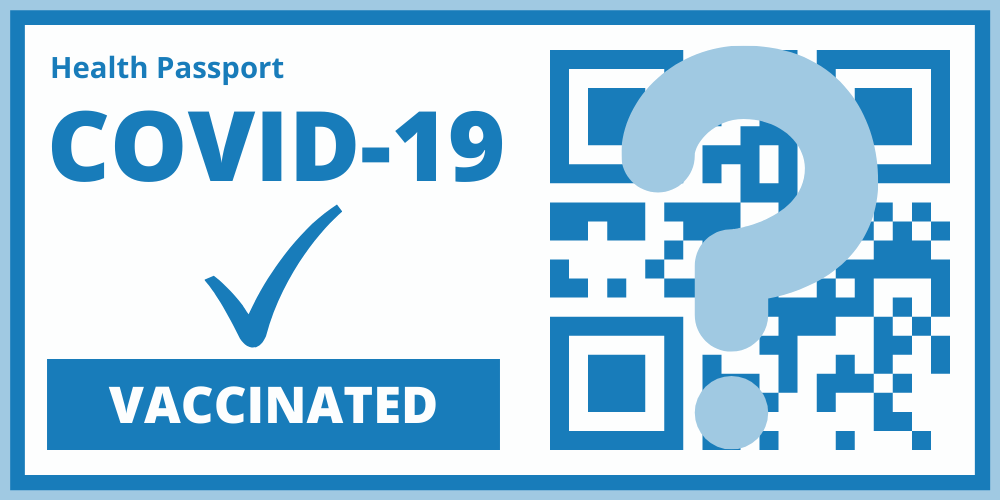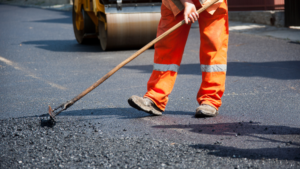Spain’s regions, including Valencia, consider COVID passport to stem rise in infections
Although experts are optimistic that Spain will avoid a so-called “sixth wave”, the surge in infections elsewhere in Europe remains something of a concern.

Thursday 18th November 2021 – MIKE SMITH
As coronavirus cases rise across Spain, the regional governments, including that in the Comunidad Valenciana, have started to consider new measures to stem the spread of the virus, including the introduction of a “COVID passport” which would have to be shown before entering bars, restaurants and nightlife venues as well as cinemas and theatres.
Although the increase in the spread of infections is not as severe as that being experienced in other European countries such as Germany, Belgium and Austria, the 14-day IA rate, the measure of the spread of disease in the population, has risen nationally by some 86% in Spain to 98.12 new positive cases per 100,000 inhabitants, whilst some regions, such as La Rioja, Galicia and País Vasco, have seen cases surge since the beginning of the month.
The Comunidad Valenciana has crossed the 100 mark this week, with its 14-day IA rate reaching 101.42 on Wednesday, a level not seen since the beginning of September, and the president of the Generalitat, Ximo Puig, has confirmed that the regional government is studying the legal process to introduce a COVID passport system across the region, since such a measure will require approval from the courts which would consider whether it would affect the fundamental rights of the citizen, such as freedom of movement. There is already some precedent: the courts in Cataluña recently approved a COVID passport, whilst those in Aragón and Andalusia have not.
A COVID passport would certify that the bearer has recovered from the virus in the last six months, has tested negative for the virus using PCR or antigen tests in the past 72 hours and 48 hours respectively, or whether they have been fully vaccinated within the past 14 days. Several other European countries have implemented the requirement, including Italy and France where it has become normal routine to present the certification when entering bars, restaurants, museums, cinemas, even transportation systems. It’s surely no coincidence that the recent rise in new cases has been much slower in these two countries than they have in the likes of Germany, Austria and the Netherlands where the demand to inspect such certification has been described as sporadic and inconsistent.
Spain is hoping to avoid a so-called “sixth wave” of infections this winter. The success of its vaccination campaign – 89% of the population over the age of 12 have been fully vaccinated – gives optimism that the country will avoid the surges in infections that have been seen in elsewhere in Europe. Quique Bassat, an epidemiologist and researcher at the Catalan Institution for Research and Advanced Studies (ICREA), told the El País newspaper that “the situation in Europe is a bit scary and the figures in Spain are not good, given the indicators are rising. But I would not call what is happening here a wave. The rise is not that explosive, the impact on the health system is not significant, and nor is it likely to be, thanks to the vaccines. It’s more of an uptick that is rising slowly and that we must monitor now to see how it evolves.”
José Miguel Cisneros, the head of infectious diseases at Virgen del Rocío Hospital in Seville, agreed. Speaking to the same newspaper, he said that “cases are going to rise in Spain as well, but the situation is not going to be like what we saw before thanks to the protection achieved with the vaccines. The rise will be less and have less of an impact on hospitals. In this situation, it does not make much sense to talk about waves just based on the incidence rate, because it will never be over. Vaccines reduce infections a lot, but don’t prevent all of them. That’s why there will continue to be rises in cases just as there are with other coronaviruses that cause the common cold and that we don’t even monitor. Now is the time to shift the focus of the importance of the indicator and put it on hospitalizations and the ICU admissions.”
According to the latest data provided by the Ministry of Health, hospitalizations are currently 2,260 of which 447 are in ICU; in terms of hospital capacity, 1.82% of the total number of beds available in general wards are occupied by patients suffering from COVID-19, whilst 4.90% of those in intensive care units are taken by those suffering from the most severe effects of the virus. Those figures have been generally stable over the past few weeks, but have been rising slightly in recent days.
Some 3.7 million people have rejected the vaccine in Spain and the data suggests that this group are now developing the most serious cases and being admitted into intensive care units. Although there is no data available on a national level, information provided by many Spanish regions have shown that this is the case; the Región de Murcia recently reported almost all patients in their ICU wards had not been vaccinated. Jose Miguel Cisneros told El Páis that “it’s important to ensure that the maximum number of people who are still not vaccinated protect themselves, for their health and the health of others, because doing this would help reduce the spread of the virus in society”.
Compared to other European countries, Spain has been doing very well with its vaccination campaign and is unlikely to see the government impose such restrictive measures that have been creating such controversy elsewhere. This week, the Austrian government placed around two million unvaccinated citizens in lockdown, only allowed to leave their homes to buy essential items or working. Only 65% of its population are fully immunised. Germany (67.3%) may well follow, with its health minister Jens Spahn warning of a “pandemic of the unvaccinated” whilst the Netherlands (84%) has introduced limited opening hours for the hospitality sector and shops. And in Australia, the state of Queensland has recently confirmed that unvaccinated people will be barred from bars, restaurants and sporting events from December 17th.




